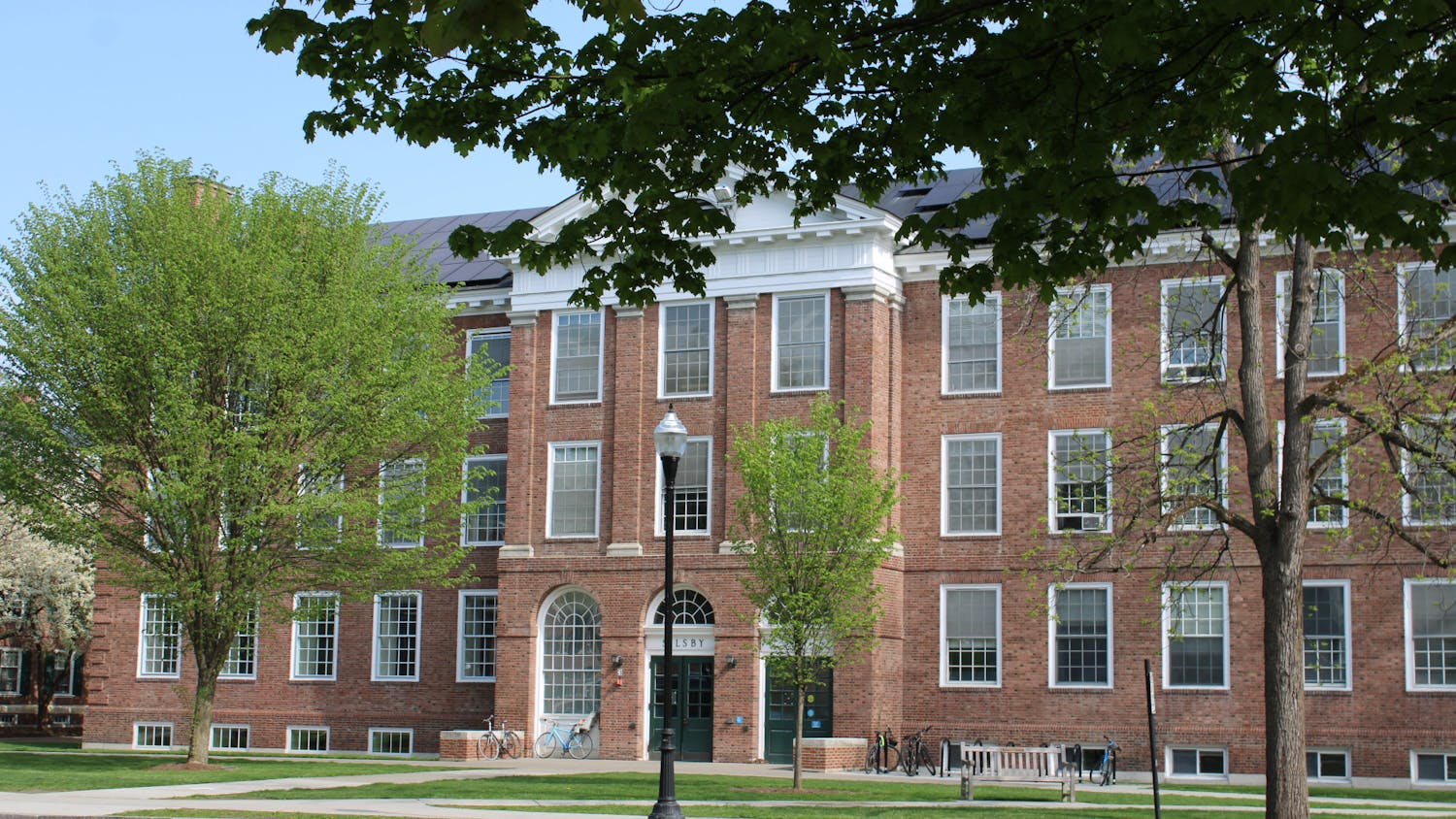The number of Dartmouth students rejecting corporate jobs and graduate school careers to embark on Peace Corps projects reached record highs this year. The College's 33 volunteers were enough to place Dartmouth second in the Peace Corps' annual rankings for small colleges and universities.
Dartmouth rose from last year's third-place ranking to second, behind only the University of Chicago, in the total number of Peace Corps volunteers.
Chicago, which topped the list for the second consecutive year, enlisted 39 volunteers for 2005.
According to recent graduate Dan Phelan '03, "Dartmouth students enjoy the challenge of being in a different culture. I think the adventure aspect really appeals to Dartmouth students." Phelan is set to join the Peace Corps next month.
Peace Corps director Gaddi Vasquez recognized the importance of recent college graduate volunteers in upholding the vitality of the Peace Corps. Volunteers foster cross-cultural understanding between the United States and the developing countries they aid, Vasquez said.
"The diversity of alumni serving as volunteers -- coming from all backgrounds and regions of the country -- has helped the Peace Corps represent the true face of America," Vasquez said. "We are pleased that so many graduates have taken the journey to make the world a better place for all of us to share."
The report also indicated an overall increase in Peace Corps acceptances among recent college graduates, but increases in smaller schools like Dartmouth were proportionately much greater than gains in large and mid-sized universities. The rankings compared colleges and universities that are highly represented in the Peace Corps. Schools were categorically divided by student population size, and judged based on the number of alumni volunteers.
Emphasizing the organization's reliance on college graduates to contribute to its mission, the report noted that the number of volunteers with an undergraduate degree from a liberal arts institution accounts for 97 percent of all participants, despite interest from high school and community college graduates.
The Peace Corps has traditionally attracted college graduates struggling with post-graduation uncertainty, personal desires for world change and dreams of future service careers.
Citing a longing for foreign experience, hopes to help those less fortunate and a lack of desire to join the corporate world or to immediately enter graduate school, Christopher Rubinate '03 decided to join the Peace Corps following graduation.Rubinate is currently on assignment working as an English teacher in a secondary school in Dunayivtsi, a small town in Ukraine, teaching English to children in grades 4 to 11.
"I've learned a lot about and come to love a country which for 50 years was considered America's mortal enemy and found Ukrainians to be an exceedingly caring, giving, and proud people," Rubinate said. "Perhaps the biggest thing that I've gained is the experience of living in a country when it had its democratic awakening, as Ukraine did during the recent 'Orange Revolution.' It truly isn't often that you get to be present during the turning point of a country's history."
Phelan, who is next headed to Uganda, credited increased altruism among youth for student interest in the Peace Corps.
"I've always been doing things personally for my benefit," Phelan said. "I wanted to do something to give back."
Rubinate agreed that there is a strong desire to help others among Dartmouth students, evidenced by the extensive involvement in volunteer organizations such as the Tucker Foundation and other student groups.
"Peace Corps service is a natural extension of that willingness to help others that lives in so many sons and daughters of Dartmouth," Rubinate said.
Over 500 Dartmouth alumni have dedicated themselves to the Peace Corps since its establishment under the Kennedy administration in 1961. Current Peace Corps projects include relief and rebuilding efforts in Thailand and Sri Lanka following the Dec. 26 tsunami.



